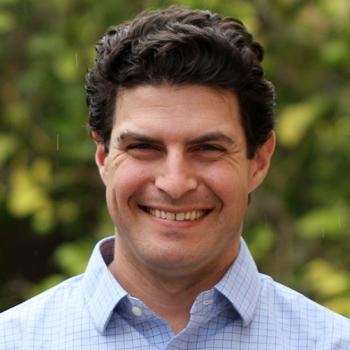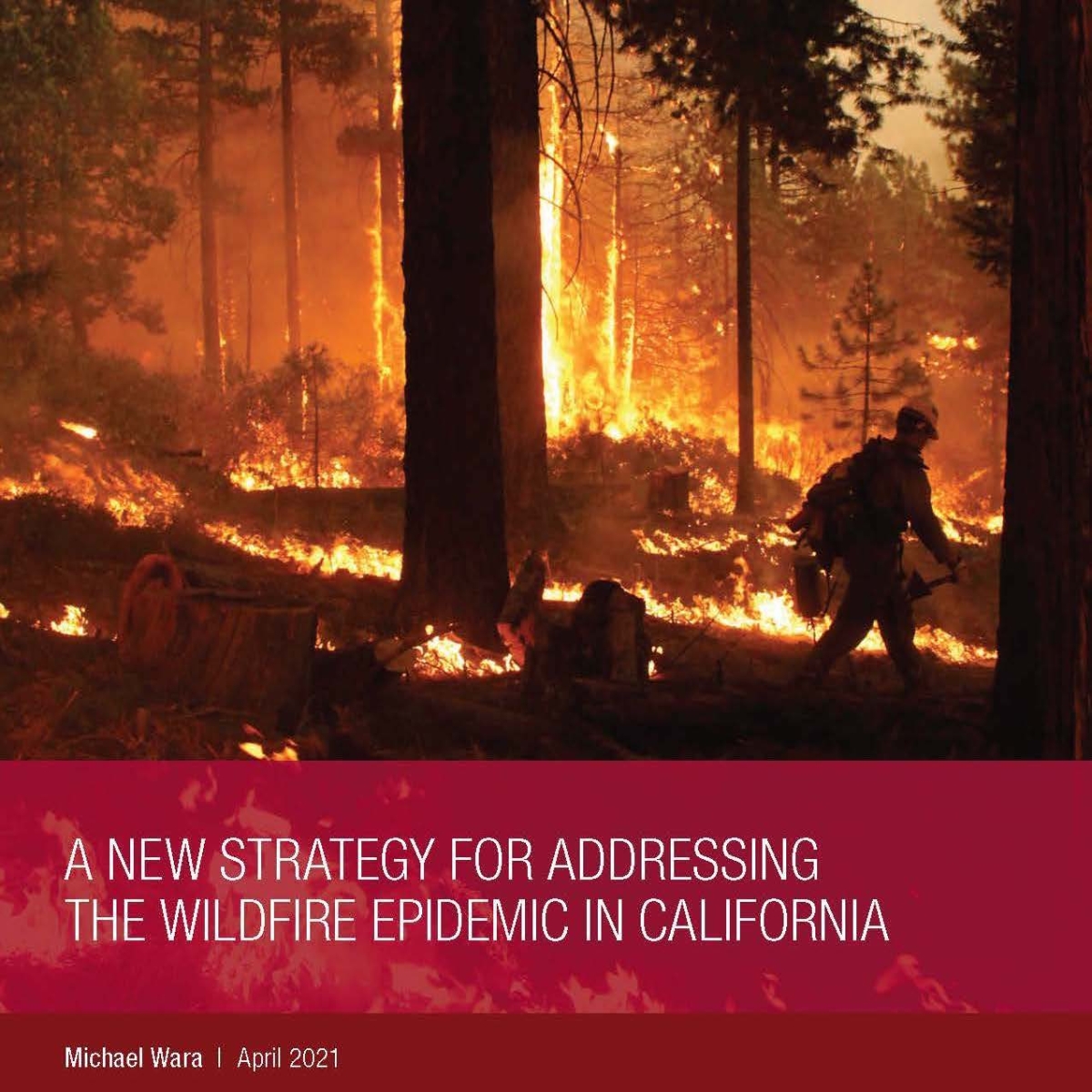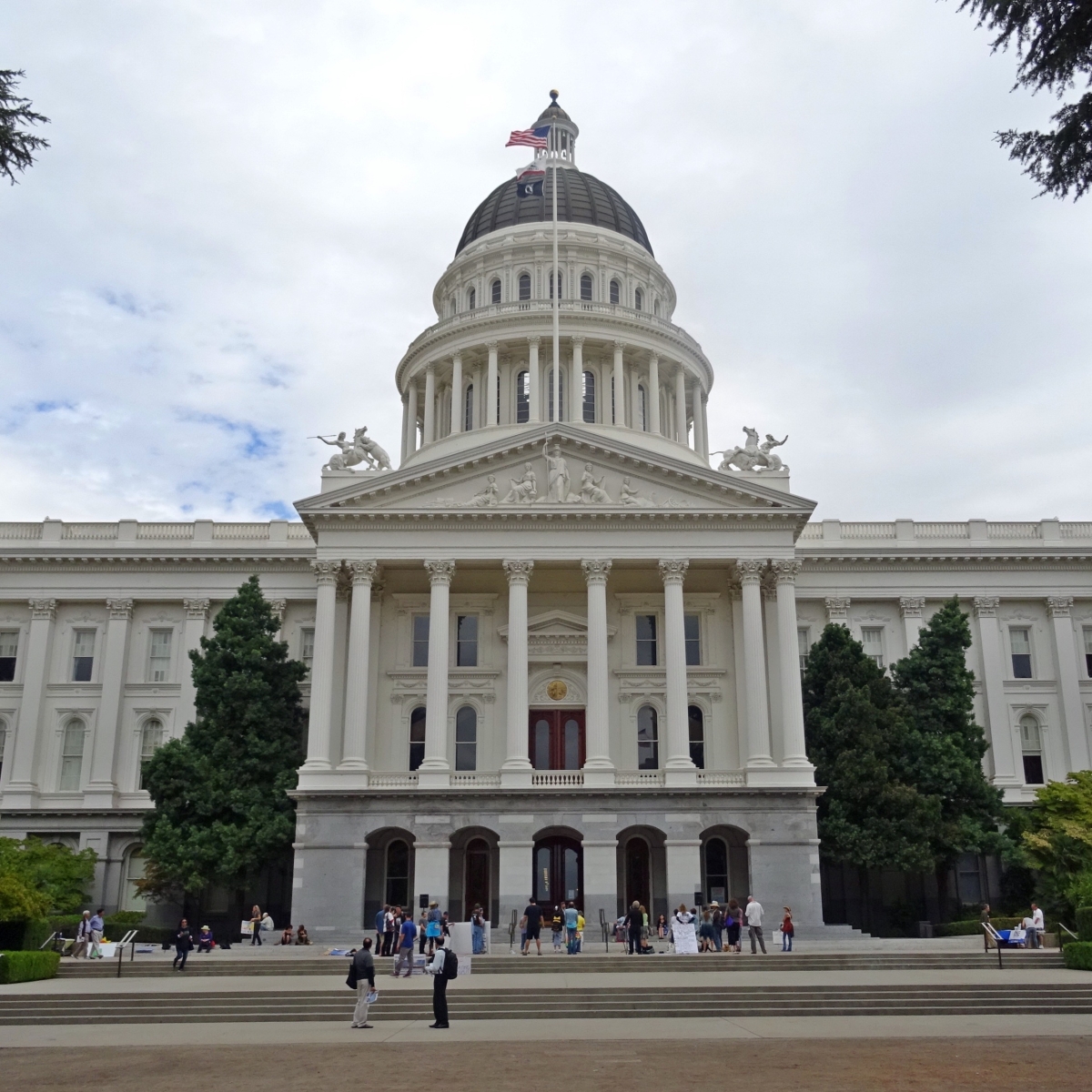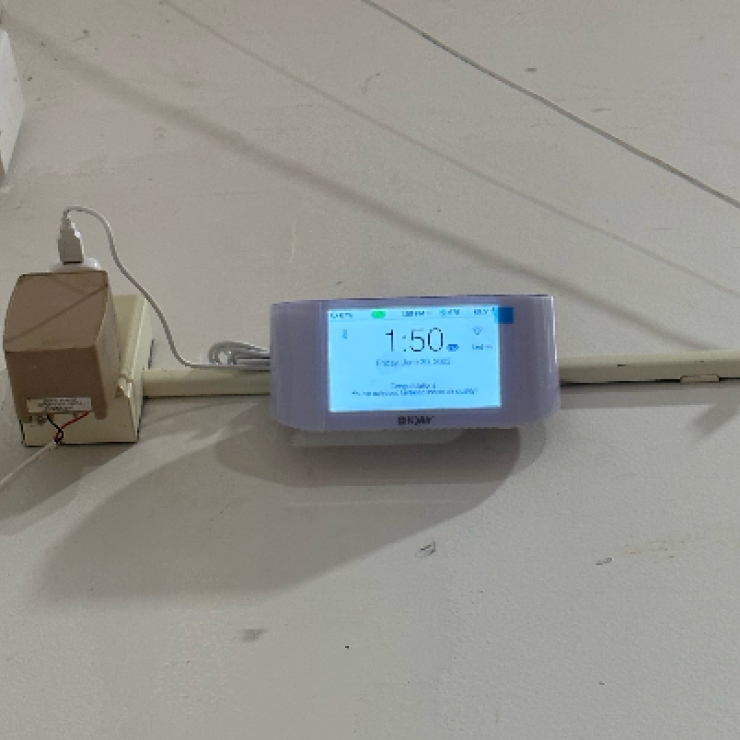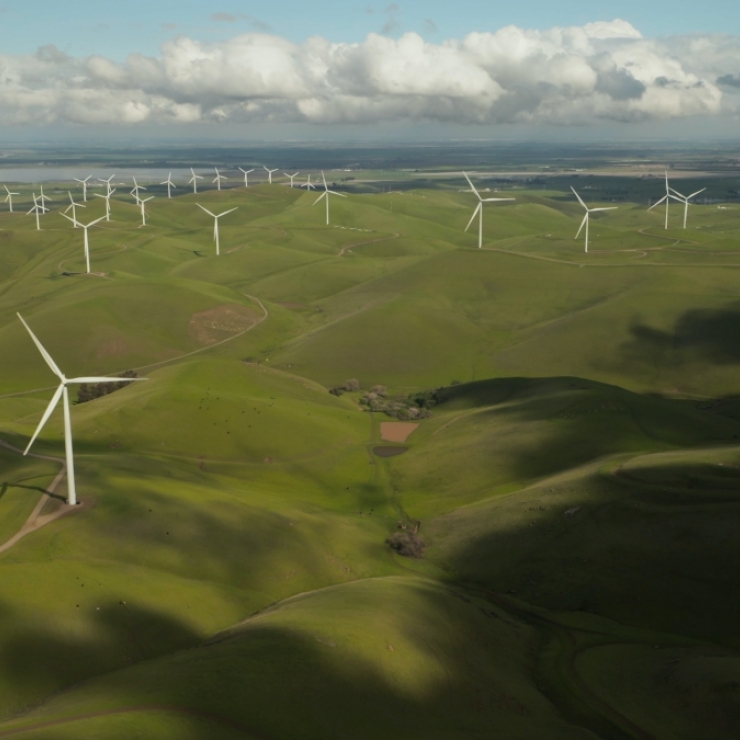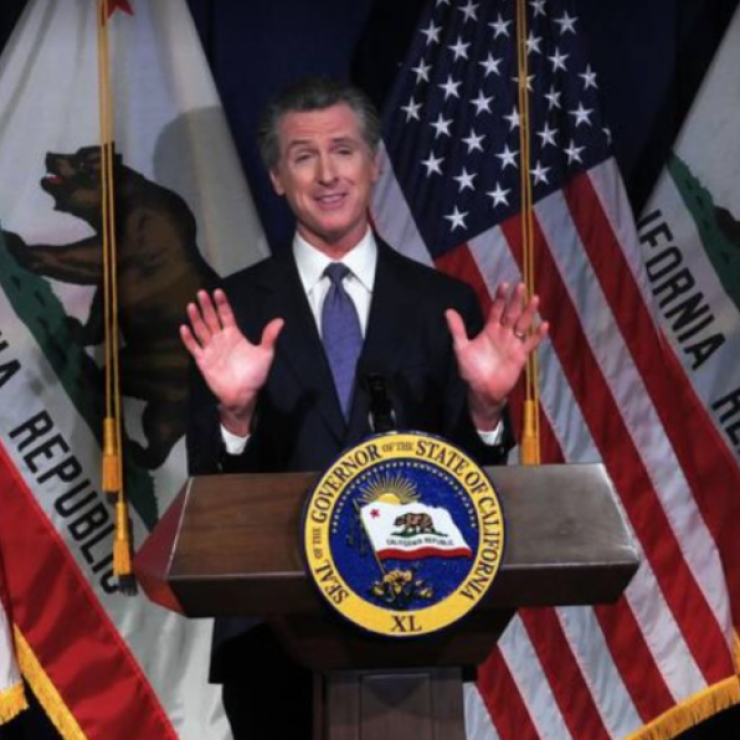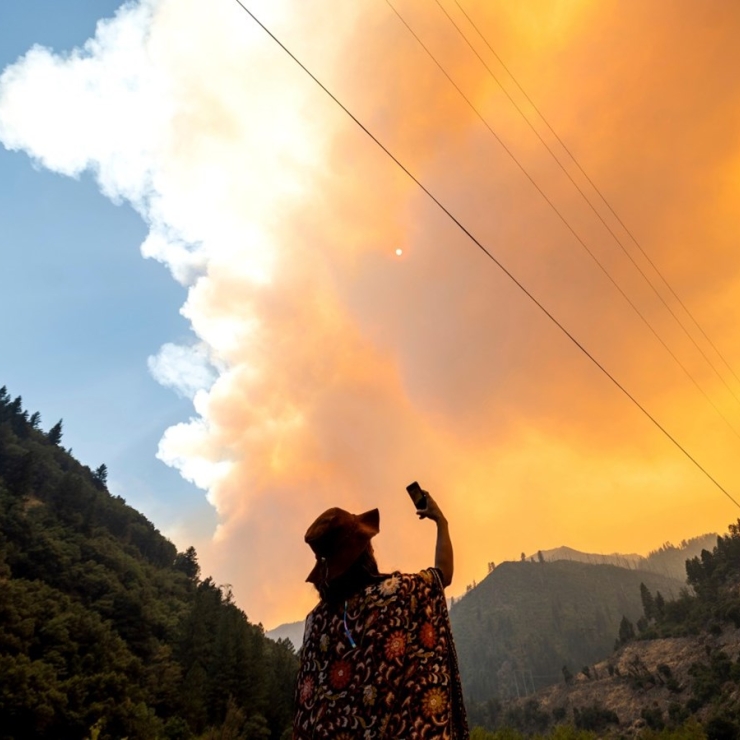Providing insight to drive an equitable, resilient, and effective transition to clean energy.
The Climate and Energy Policy Program (CEPP) operates at the interface of policy analysis, academic research and education, and stakeholder engagement. It serves as a practical, timely, and neutral voice focused on informing decision making on climate and energy law and regulation. Understanding the costs, trade-offs, and consequences of policy and regulatory strategies is critical for improving our climate future and building a just, equitable, and resilient transition to a clean energy system. By collaborating with external partners in the government, private, and non-profit sectors, the CEPP integrates interdisciplinary research with direct policy engagement, while also providing opportunities for Stanford students and faculty to directly engage with and solve real energy and climate policy problems.
For updates on our latest work, read and subscribe to the CEPP substack.
Whitepaper: A New Strategy for Addressing the Wildfire Epidemic in California
In 2021 California's state's legislature and governor approved a historic $536 million near-term investment in fuels management and community protection. While this investment is the largest ever in state history, the question remains: is it enough?
Read CEPP's paper, A New Strategy for Addressing the Wildfire Epidemic in California (pdf), on needs for wildfire risk reduction funding in California or watch our webinar discussing its findings.
Michael Wara, director of the Climate and Energy Policy Program at the Stanford Woods Institute for the Environment, led the discussion with Nancy Watkins(link is external), principal and consulting actuary at Milliman, and Crystal Kolden, assistant professor at UC Merced, responded with their perspectives on the scope and scale of public and private investments needed to make progress on the wildfire problem in California. Laura Tam, program officer at the Resources Legacy Fund, provided introductory remarks and moderate a discussion on resources for wildfire resilience.

Focal Areas
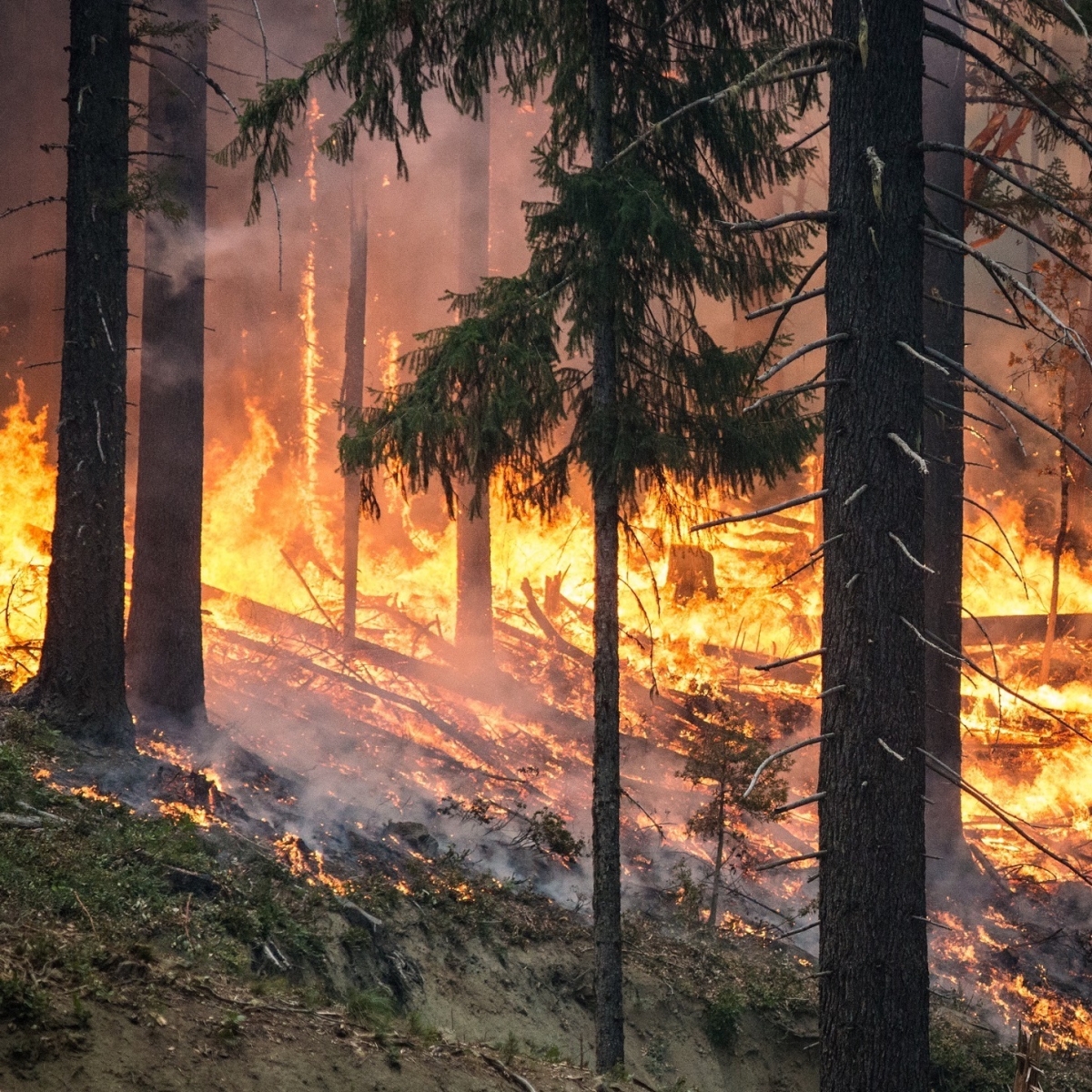
Wildfire Risk and Response
Wildfires have devastated California and beyond in recent years and the situation is likely to get worse before it gets better. The CEPP works directly with policy principals and their staff, as well as diverse stakeholders, to develop and understand policy initiatives aimed at addressing the causes, impacts, and effective responses to catastrophic wildfires in the American West.

Building Decarbonization
Eliminating fossil fuel use in homes is an important avenue for decarbonization. The CEPP analyzes legal and regulatory strategies to electrify new and existing buildings, the implications of electrification for natural gas systems serving residential properties, and the cost and equity issues associated with these changes.
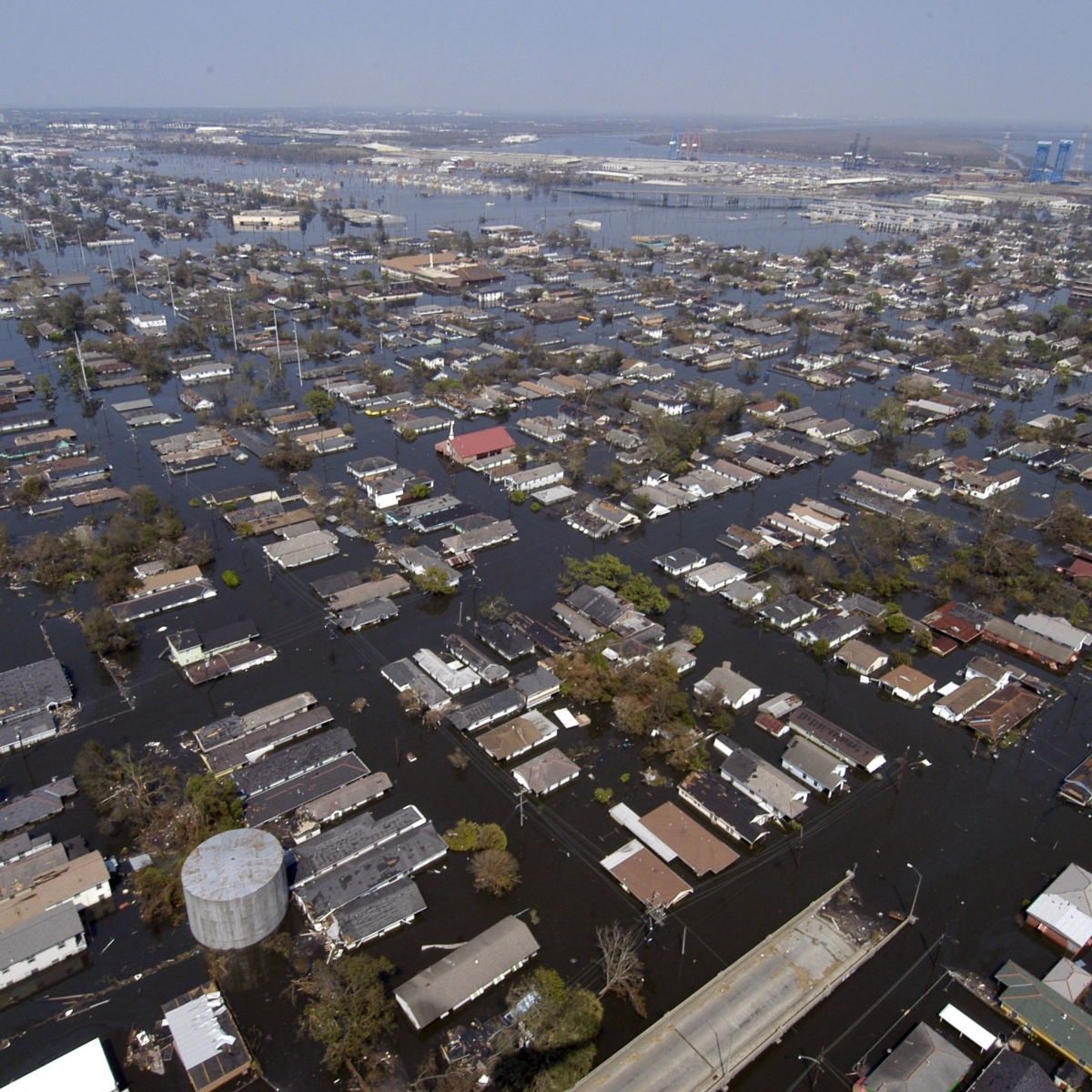
Climate Financial Risk
Climate change and its associated impacts may create systemic risks for the financial system. Through development and use of modelling tools and policy analysis, the CEPP studies both the physical risks posed by climate change, such as more frequent and severe extreme events, and the risks associated with the transition to a low carbon economy, such as the impact of a fragmented climate policy landscape, on firms and financial assets.

Assessing Policy Implementation
While setting ambitious targets for reducing emissions is important for combatting climate change, successfully implementing climate and energy policies to actually meet those targets is both critical and difficult. The CEPP looks at real world examples of successful and unsuccessful policies to better understand progress to date. Measuring the impact of policies and outcomes allows us to reflect on lessons learned and gain insight into future mitigation and adaptation strategies.
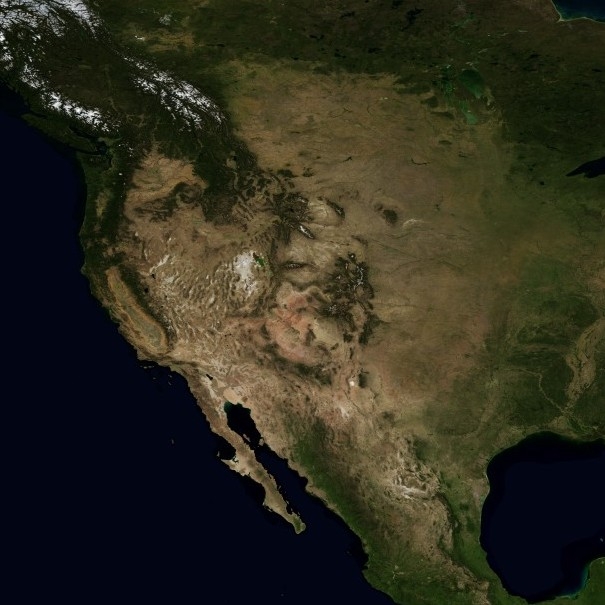
Real-time Policy & Regulatory Analysis
The CEPP aims to provide evidence-based, rapid, transparent, real-time analysis of policies under consideration and their impacts on people, communities, and industries. It also takes a deep look at energy system modeling efforts informing policy goals and strategies to evaluate key assumptions against real-world conditions.

Environmental Justice
The CEPP is dedicated to building environmental justice and equity into the clean energy transition. Through its analysis and outreach, the program strives to empower diverse audiences to advocate for themselves in legal, regulatory and government settings, particularly those who have historically suffered from structural racism in the energy system.
Our Team
Director, Climate and Energy Policy Program and Senior Research Scholar, Stanford Woods Institute for the Environment
Research Director, Climate and Energy Policy Program and Senior Research Scholar, Stanford Woods Institute for the Environment
Resources & Opportunities
Stanford undergraduate and graduate students can explore courses and educational opportunities offered by CEPP and related partners.
The CEPP partners and collaborates with a number of entities across sectors on critical climate and energy policy issues.



